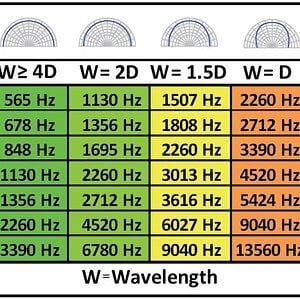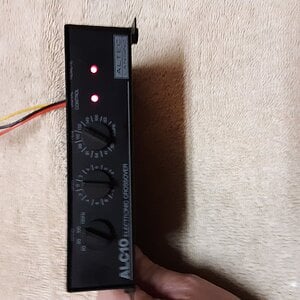Yea, I'm pretty careful with stripping and splicing wire, even if it happens I have 50+ feet of it.
But, I mean, would there be overheating issues? I'm sure you could purposely force enough voltage to cause a fire in 4awg, but I assume you can adjust the gain for the proper amount of voltage?
My experience has taught me to use thinner wire in audio applications. When I was a teen, my parents were endlessly buying that monster cable stuff which was way too big for their audio equipment. I've always used 18g for home stereo use. I just can't help but think 16g is too big, since the force necessary to power through 16g is more than (I believe) the speakers really need or even can use.


